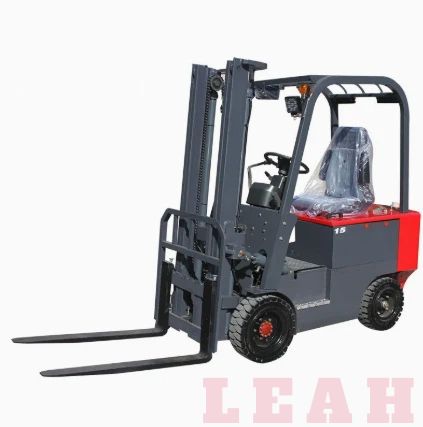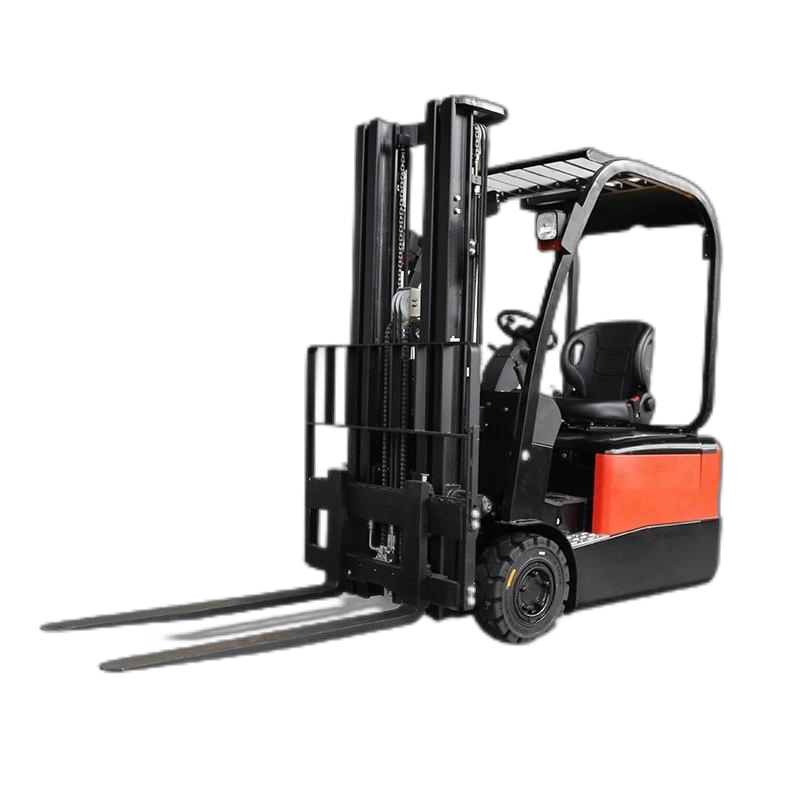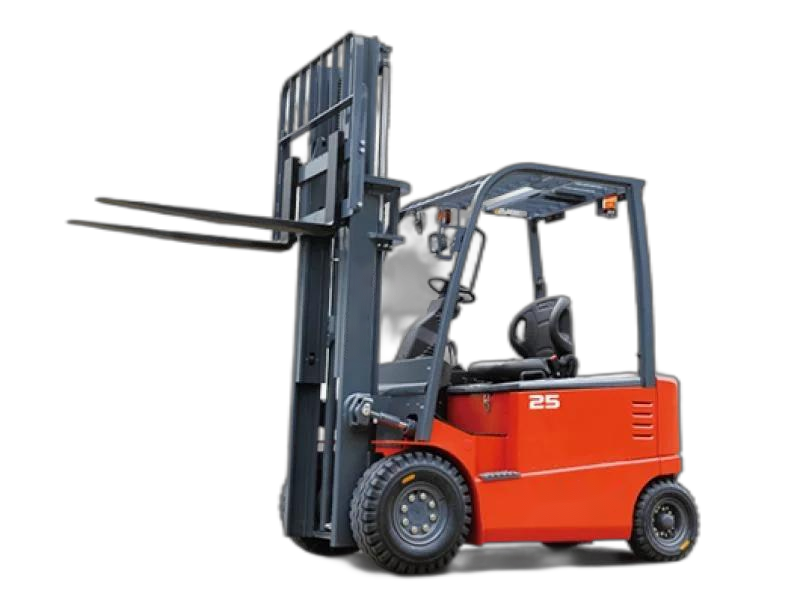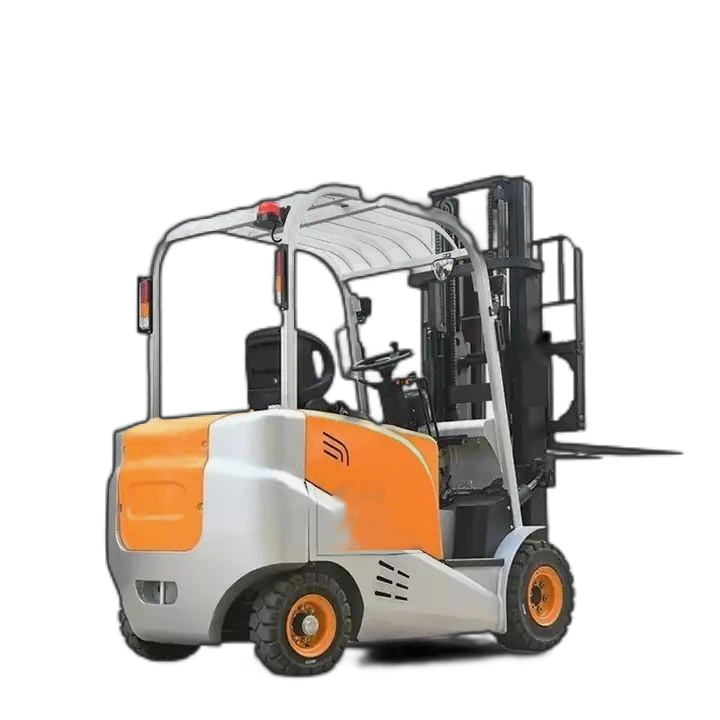Loaders are construction machinery widely used in construction, mining, agriculture and other fields, with multiple functions and characteristics. The following is a detailed analysis of the advantages and disadvantages:
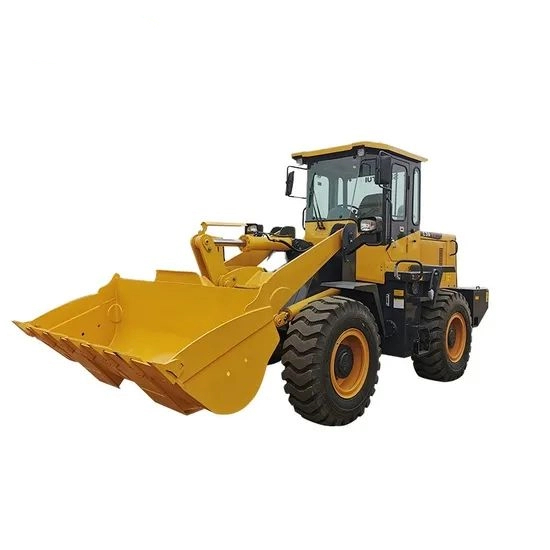
一、Advantages of Loaders
High Operational Efficiency
- Loaders are equipped with powerful engines and hydraulic systems, which can quickly complete material shoveling, handling and unloading, suitable for large-scale earthwork projects, ore mining and other scenarios. For example, when handling sand and gravel on construction sites, loaders can transport a large amount of materials in a short time, shortening the construction period.
- Some loaders are equipped with multi-functional attachments (such as log forks, breaker hammers, etc.), which can achieve various operations such as loading, grabbing and crushing by replacing accessories, improving the versatility and work efficiency of the equipment.
Strong Mobility and Flexibility
- Adopting a wheeled chassis design, the turning radius is small, allowing flexible movement in narrow sites (such as warehouses, roadways) and adapting to complex terrain conditions. Compared with crawler equipment, wheeled loaders have faster road driving speeds and more convenient transfer.
- The compact body structure is convenient for operations in space-constrained environments such as urban roads and indoor construction.
Simple Operation and Easy Maintenance
- The operation control system is humanized, and the driver can complete actions such as bucket lifting and flipping through the joystick, making it easy for novices to get started.
- The parts have a high degree of standardization, and daily maintenance (such as oil and filter replacement) is simple. With sufficient spare parts supply in the market, the maintenance cost is relatively low.
Wide Range of Application Scenarios
- Construction field: Used for earthwork excavation, sand and gravel handling, construction waste cleaning, etc.
- Mining industry: Shoveling ores, stripping topsoil, and cooperating with trucks to transport materials.
- Agricultural production: Loading grains and feeds, cleaning manure in farms, or matching with bulldozer blades for farmland leveling.
- Logistics and warehousing: Loading and unloading containers, handling goods, and improving cargo turnover efficiency.
High Cost-effectiveness
- Compared with equipment such as excavators and bulldozers, loaders have relatively lower prices and diverse functions, making them suitable for small and medium-sized projects or enterprises to reduce equipment procurement costs.
二、Disadvantages of Loaders
Limited Operational Precision
- Mainly used for rough operations, it has poor adaptability to scenarios requiring fine operations (such as pipeline excavation and foundation pit support). For example, the control precision of the loader bucket is inferior to that of an excavator, making it difficult to meet millimeter-level construction requirements.
Weak Cross-country Ability (Wheeled Models)
- Wheeled loaders are prone to slipping on muddy and soft ground, and their trafficability is inferior to crawler equipment. When operating in complex terrains such as mines and wetlands, additional anti-skid measures (such as installing anti-skid chains) may be required; otherwise, operational efficiency will be affected.
Room for Improvement in Comfort and Safety
- The cab of some small loaders has poor sound insulation and shock absorption effects, which easily causes driver fatigue during long-term operations.
- It has insufficient stability at high speeds, and some models are not equipped with complete safety devices (such as roll-over protection structures), posing certain safety hazards.
Fuel Consumption and Pollution Issues
- Large loaders have high-power engines, resulting in high fuel consumption, and the use cost fluctuates greatly with oil prices.
- Exhaust gases emitted by traditional diesel-powered loaders contain pollutants such as particulate matter and nitrogen oxides, which do not meet the environmental protection requirements of urban construction sites with high standards (however, electric loaders are gradually being promoted to alleviate this problem).
Limited Loading Capacity and Load-bearing
- Compared with dump trucks, the bucket capacity of loaders is smaller, and the single transportation volume of materials is limited. The efficiency of long-distance transportation is lower than that of trucks (more suitable for short-distance transfer).
- During heavy-load operations, problems such as accelerated tire wear and excessive stress on the chassis structure may occur, so the load must be controlled within the rated range.
三、Summary
With the characteristics of high efficiency, flexibility and multi-function, loaders have become one of the core equipment for engineering construction and material handling, especially suitable for short-distance and multi-scenario rough operations. However, due to limitations in precision, cross-country ability, environmental protection, etc., they need to be used in conjunction with other equipment (such as excavators and trucks) under specific working conditions. When selecting a loader, it is necessary to comprehensively consider the operating environment, material characteristics and budget. If necessary, pay attention to new electrified and intelligent models to enhance performance and reduce usage costs.





